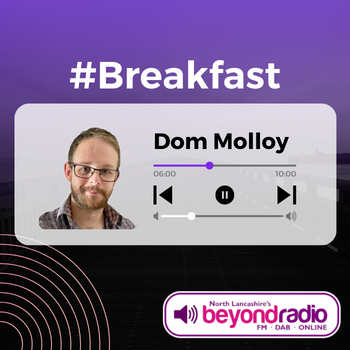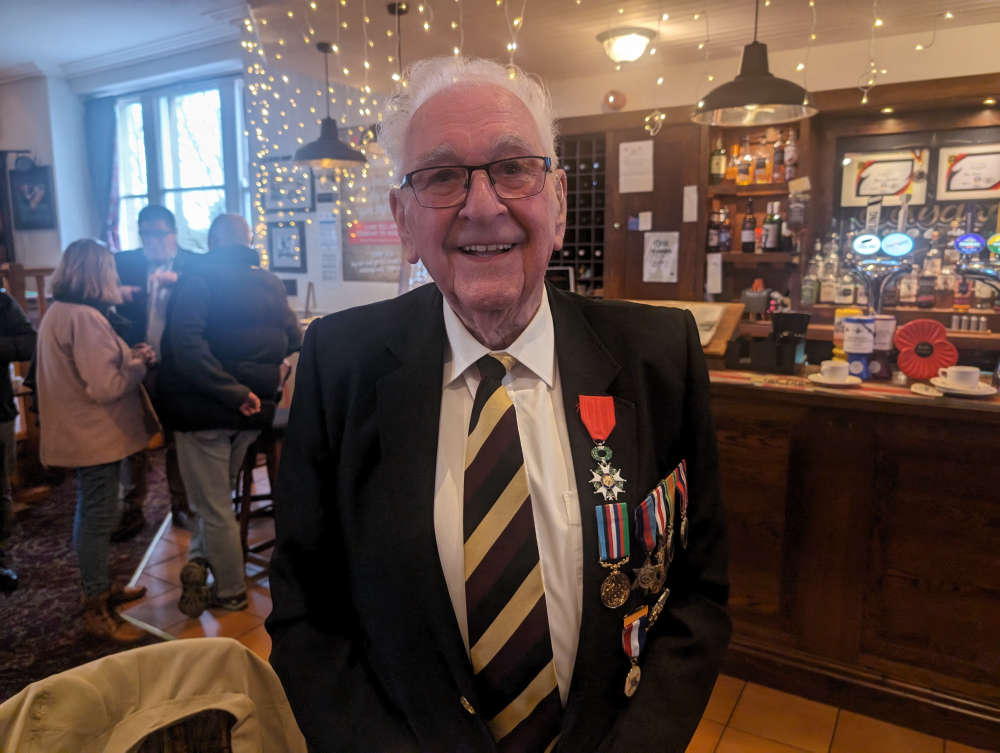
A veteran of the World War Two D-Day landings has told his incredible story at a gathering of Armed Forces veterans in Morecambe.
Sergeant Richard Brock from Lancaster was awarded numerous medals for bravery including the Legion d'Honneur, the highest military order of merit in France, after being part of the largest seaborne invasion in history.
Richard, now aged 99, landed on the beaches at Normandy with the Allied Forces as they advanced into Nazi-occupied France in 1944.
Over the next 12 months he helped to liberate parts of France and the Netherlands, saw first-hand the horrors of the Nazi concentration camps, narrowly escaped death after a missile landed on a cinema in Belgium, was part of the famous 'A Bridge Too Far' battle, and invaded Germany's second biggest city as Hitler's forces surrendered.
Richard's dramatic and gruelling journey - staying overnight under trees, hedges and in foxholes, and constantly in danger - took him 2,000 miles from London, through France, Belgium, Holland and then into Germany as the Allied Forces were ultimately victorious.
He spoke to Beyond Radio about his experiences, while on a visit to the regular Bay Veterans' Association coffee mornings at The York pub in Morecambe.
LISTEN to our interview with Sergeant Richard Brock
Here is Richard meeting Gary Kniveton from the Bay Veterans' Association.
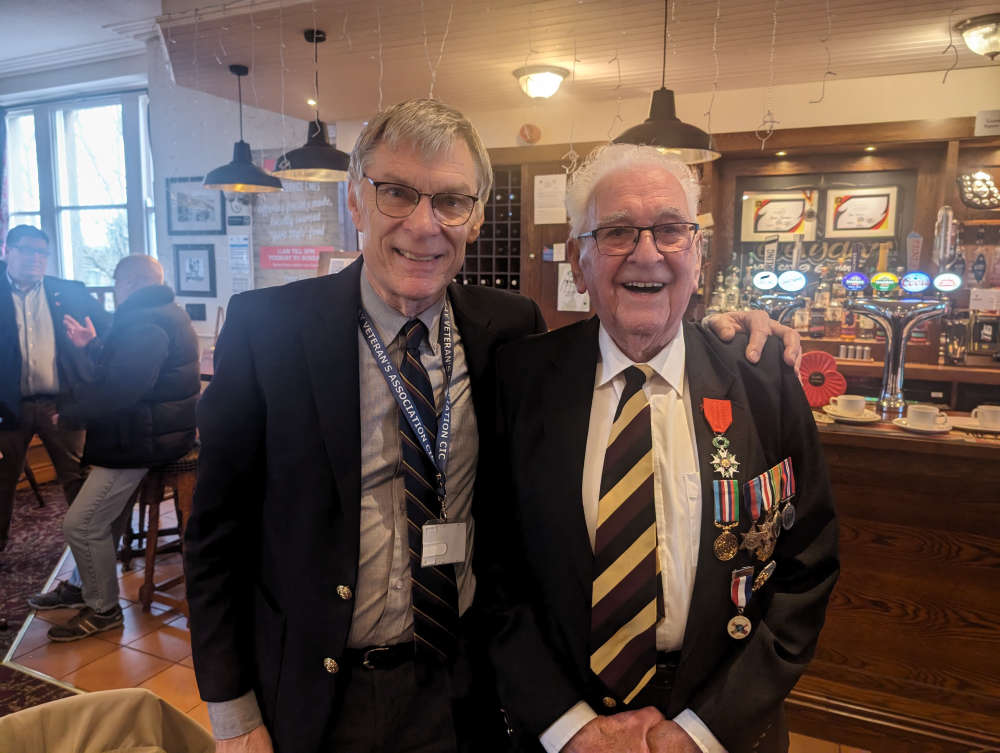
Richard was born and grew up in the Lancaster area, attending Bolton-le-Sands Free Grammar School.
He was called up as an 18 year old and served in HQ Company 1st Battalion East Lancs Regiment 53rd Welsh Division.
After training, he set off in convoy in 1944 to London's East India docks, just as German V1 rockets (doodlebugs) were targeting the dock area.
After sailing down the River Thames to the Medway in atrocious weather, he arrived in Normandy on the Ocean Vigil, alongside hundreds of other Allied ships of all sizes,
"The battleship HMS Rodney was firing broadsides with its heavy guns on the coastal defences along with countless other destroyers," he said.
"The noise was horrendous and sounded like hell on earth!"
Richard came ashore at Courseulles on Gold Beach, as part of General Dempsey's Second Army and General Montgomery's 21st Army Group.
"On landing we encountered German artillery," he said.
"We didn't know where we were going. We could hear it, though!
"We were ordered to dig and make trenches for shelter.
"Eventually we advanced towards Caen and Hill 112 and after a long slog with heavy fighting we crossed the Caen Canal through the Bocago countryside. I then had to take over and drive the Bren Gun Carrier as the driver was injured and I was the only other driver qualified to drive tracked vehicles."
Here is Richard during his time in the Armed Forces.

On August 12 1944, he was part of the troops who liberated Bois-Halbout in France.
"On advancing through Normandy in pursuit of the enemy I thought what beautiful countryside it must have been and now all there was were piles of rubble and desolation - what a waste!" he said.
"On advancing to Falaise we surrounded the 7th German Army. For miles there was death and devastation of a beaten army, the wreckage of vehicles, tanks and horse drawn guns and the stench in carnage of men and beasts."
They advanced to Lille, crossed the River Seine, then headed to Brussels and then Antwerp for rest.
"After a bath and brush up, four of us decided to go and watch Buffalo Bill at the Rex Cinema which had been taken over by the military," he said.
"We decided to go to the corner cafe first for a drink. As we left the cafe, a German V2 rocket landed on the cinema, killing many military and civilians. I was blown across the room in the cafe by the blast. My pals came back and pulled me out of the debris. I was concussed so they took me to the first aid station nearby. I escaped with minor injuries.
"To think, a drink in that cafe saved our lives."
They then advanced to Holland and captured the city of Hertogenbosch (Den Bosch) after eight days of fighting.
Richard was then part of Operation Market Garden, a failed Allied advance in the Netherlands later immortalised in the film 'A Bridge Too Far' with Michael Caine and Sean Connery.
"Unfortunately the enemy had destroyed the bridges to stem our advance and consequently we arrived in Nijmegen too late and our airborne troops were eventually overcome," he said.
Richard and his convoy instead moved at dawn on Christmas Eve 1944 and met up with American forces in Brussels.
He was part of intense fighting in the winter cold over Christmas, side by side with US soldiers in Belgium.
One of his most horrifying experiences was when he went to the notorious Belsen Concentration Camp on the second day after it was liberated by the Allies.
"The SS guards were made to carry the dead into a large pit that our bulldozer had dug," he said.
"The first thing that struck me was the smell. It was atrocious. It reminded me of Normandy.
"As we approached, the poor sods who were barely alive cowered down as if we were going to whip them.
"It was a pitiful sight. It will live with me forever."
From Belsen, Richard advanced to the final battle he took part in, near Rothenburg in Germany, and then Hamburg, Bremen Autobahn resulting in the capture of more than 11,000 German prisoners by the division since crossing the River Rhine more than a month earlier.
While he and his fellow troops prepared for an assault on Hamburg in 1945, rumours spread that the Nazis had unconditionally surrendered.
"On hearing this, the German High Command came through our lines with white flags flying on the outriders, being escorted by our Redcaps military police," he said.
"On entering Germany's second city, there was destruction everywhere.
"Part of the city had been ravaged by a fire storm created by the Americans and our RAF boys. Thousands were burned alive by the intense heat.
"We entered the city and took over the Radio Hamburg building."
Richard celebrated his 21st birthday on patrol in a jeep in Hamburg.
"On one of our patrols we decided to board the many barges and found a cargo of John Haig's blended whisky," he said.
"All the lads were gifted with a bottle and that certainly made their day!"
In recognition of his many achievements, Richard was later promoted from private to full corporal, then shortly afterwards to sergeant.
He received the 1939-45 Star Defence Medal, War Medal 1939-45, France Germany Star, Normandy Breast Plate Medal, Legion D'Honneur, Operation Market Garden medal, as well as the Arnhem 'The Bridge Too Far' and Dutch Liberator's Medals.
Richard spent a further two years stationed in Germany after the war ended.
After leaving the Army in 1947, he worked as a butcher, in shops at Lancaster Market and on Cheapside in the city centre, for many years.
Richard, who celebrates his 100th birthday in May, was warmly greeted by many fellow veterans at Wednesday's coffee morning, who hailed him as "a hero".
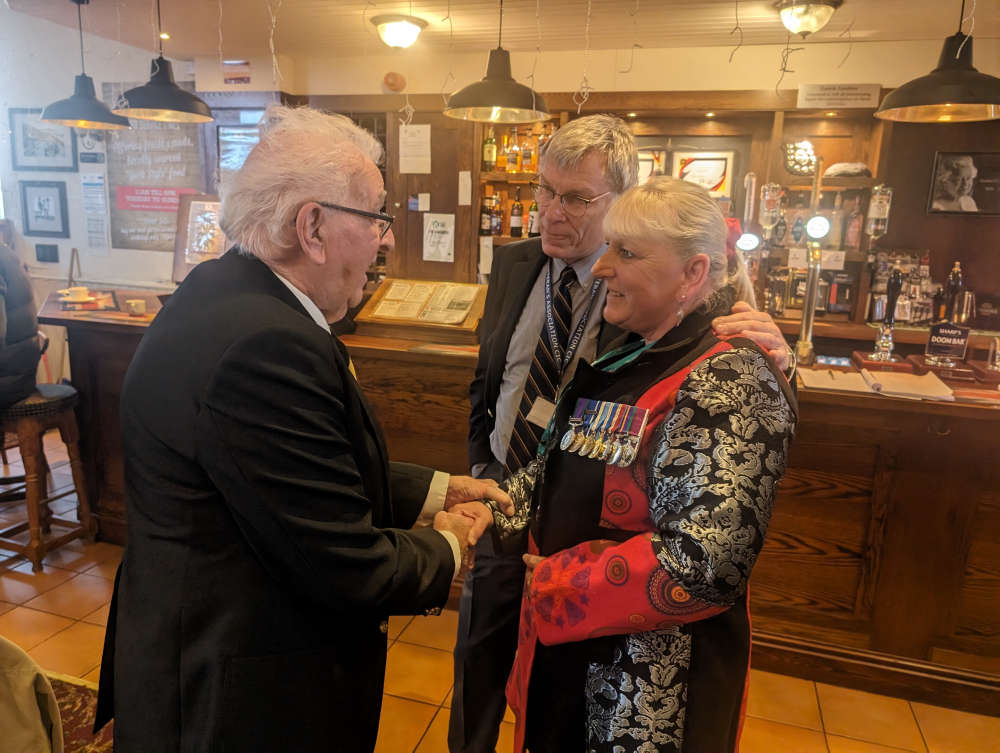


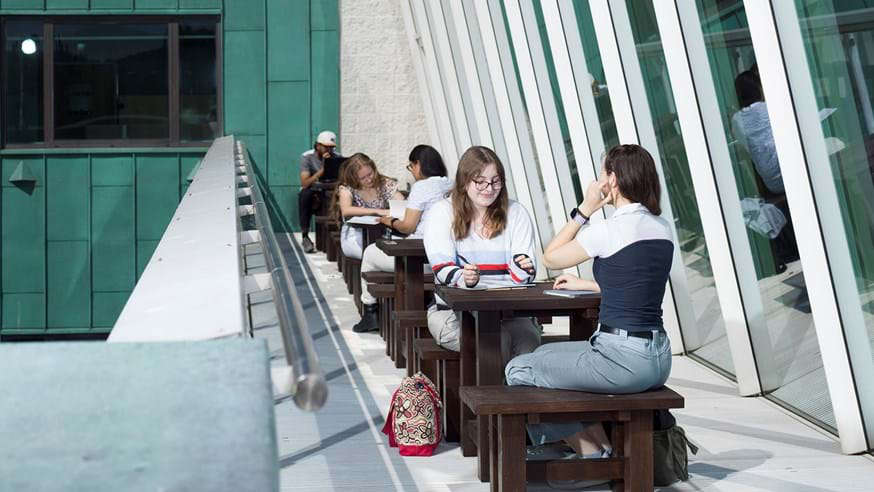 Lancaster remains best university in North West England in Complete University Guide
Lancaster remains best university in North West England in Complete University Guide
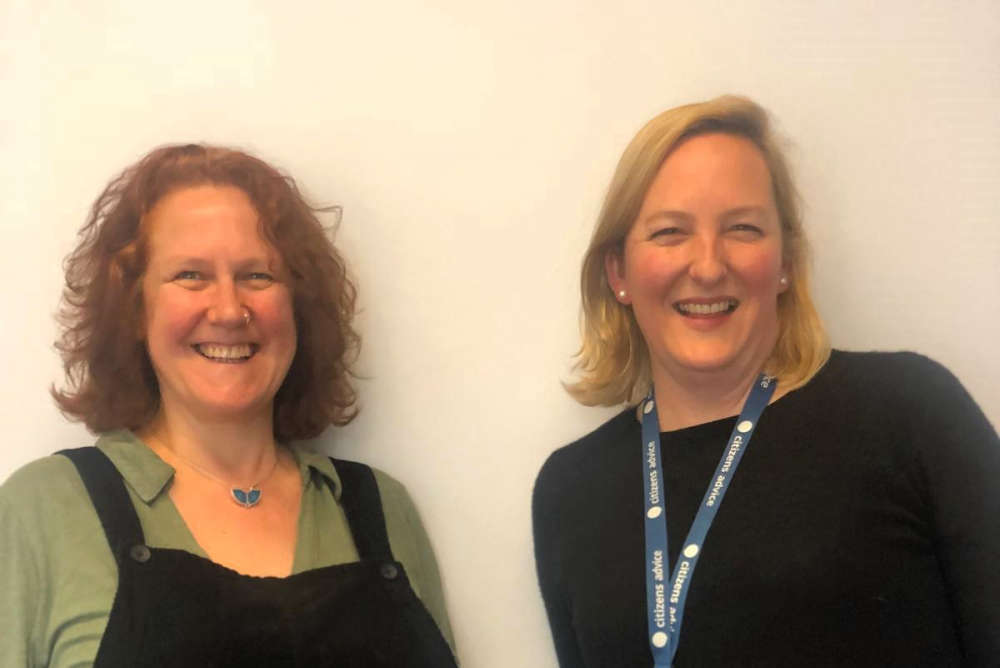 'Music with the Mayor' initiative launched to support North Lancashire’s Citizens Advice
'Music with the Mayor' initiative launched to support North Lancashire’s Citizens Advice
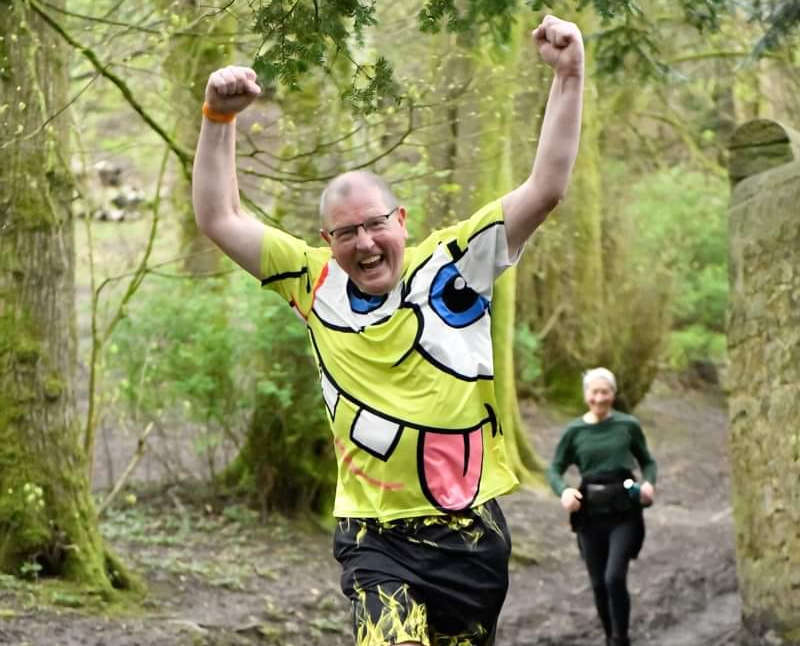 DIARY: Beyond Radio presenter fighting cancer continues his '60 Before 60' challenge
DIARY: Beyond Radio presenter fighting cancer continues his '60 Before 60' challenge
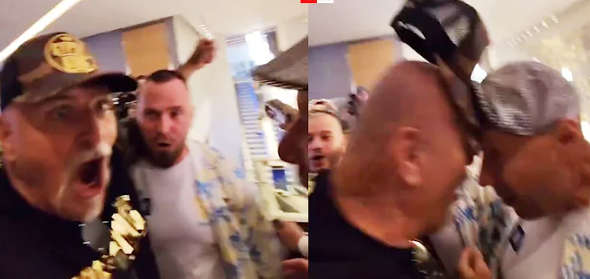 BIG FIGHT COUNTDOWN: Tyson Fury's father John headbutts Usyk supporter ahead of undisputed heavyweight title fight
BIG FIGHT COUNTDOWN: Tyson Fury's father John headbutts Usyk supporter ahead of undisputed heavyweight title fight
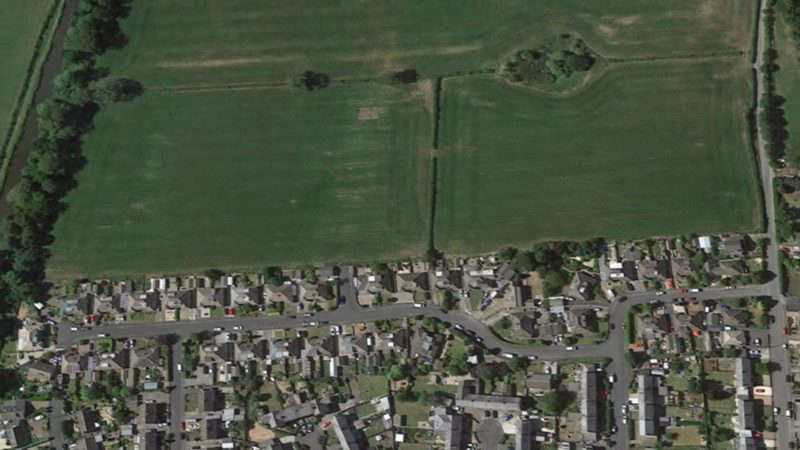 Decision to refuse Galgate housing scheme planning permission upheld following public inquiry
Decision to refuse Galgate housing scheme planning permission upheld following public inquiry
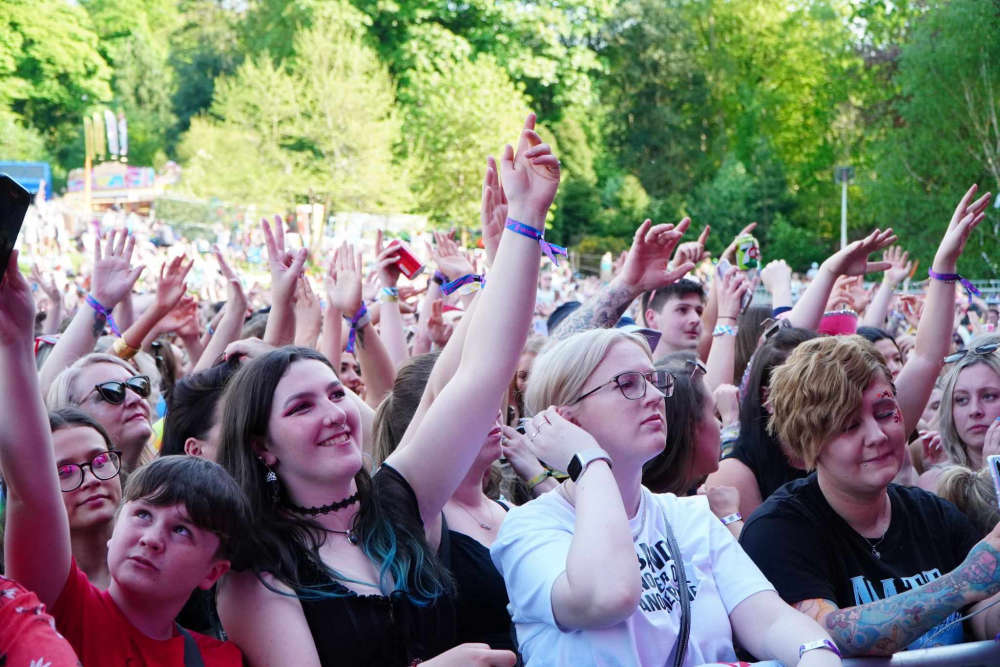 INTERVIEWS and PHOTOS: The story of Highest Point festival 2024
INTERVIEWS and PHOTOS: The story of Highest Point festival 2024
 INTERVIEW: Lancaster prison officer backed by Tyson Fury wins sport contest ahead of Miss England bid
INTERVIEW: Lancaster prison officer backed by Tyson Fury wins sport contest ahead of Miss England bid
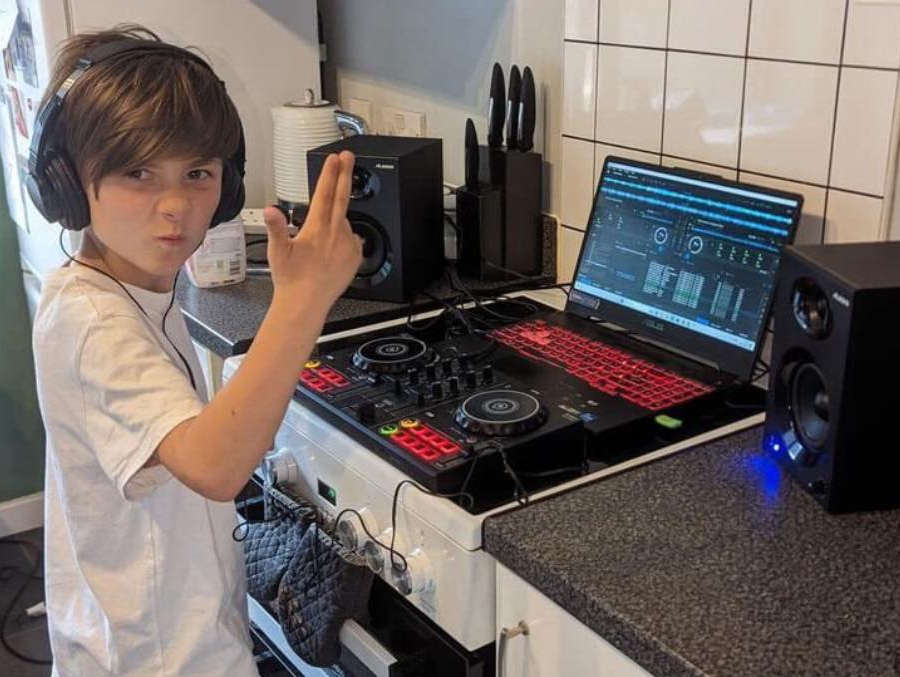 VIDEO and INTERVIEW: Lancaster schoolboy, 10, makes drum 'n' bass DJ debut at Lancaster festival
VIDEO and INTERVIEW: Lancaster schoolboy, 10, makes drum 'n' bass DJ debut at Lancaster festival
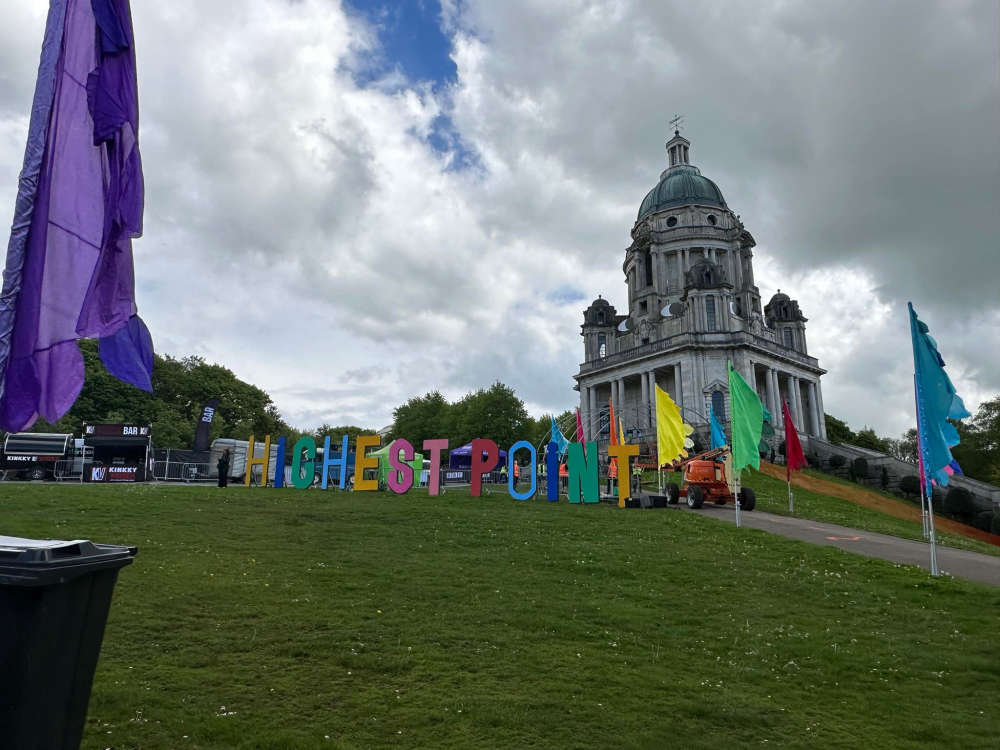 Highest Point 'Lancaster Rocks' night cancelled due to thunderstorms warning
Highest Point 'Lancaster Rocks' night cancelled due to thunderstorms warning
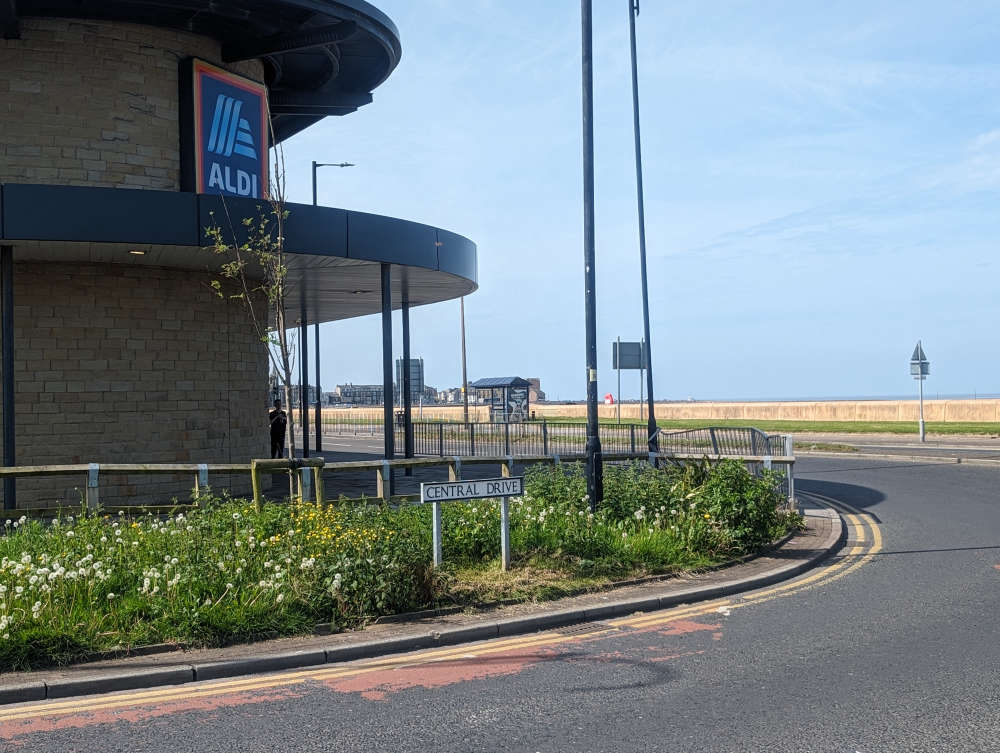 Quad bike rider dies after road crash in Morecambe
Quad bike rider dies after road crash in Morecambe
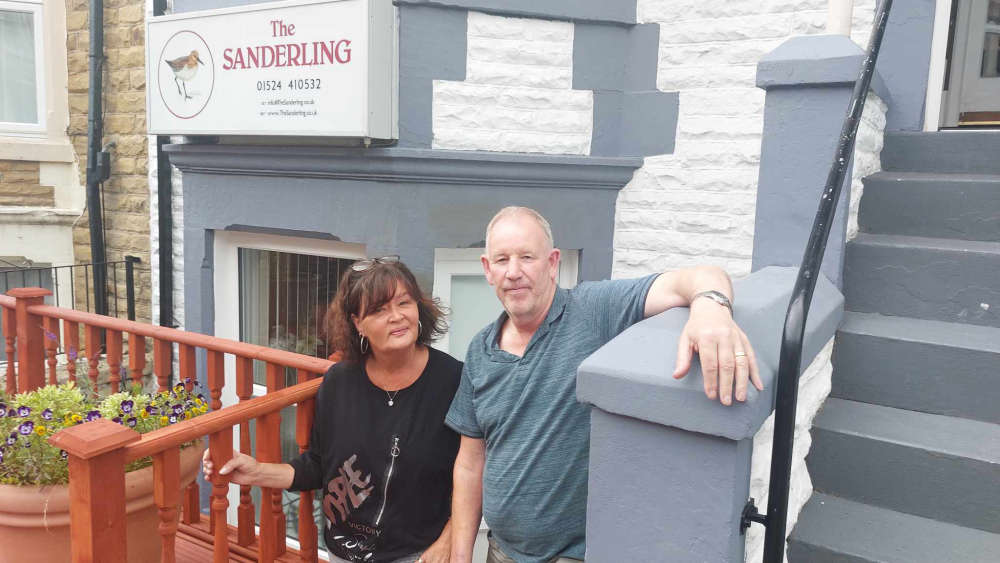 Morecambe guesthouse couple to star on reality TV show 'Four in a Bed'
Morecambe guesthouse couple to star on reality TV show 'Four in a Bed'
 PHOTOS: Northern Lights dazzle on Highest Point festival day one
PHOTOS: Northern Lights dazzle on Highest Point festival day one
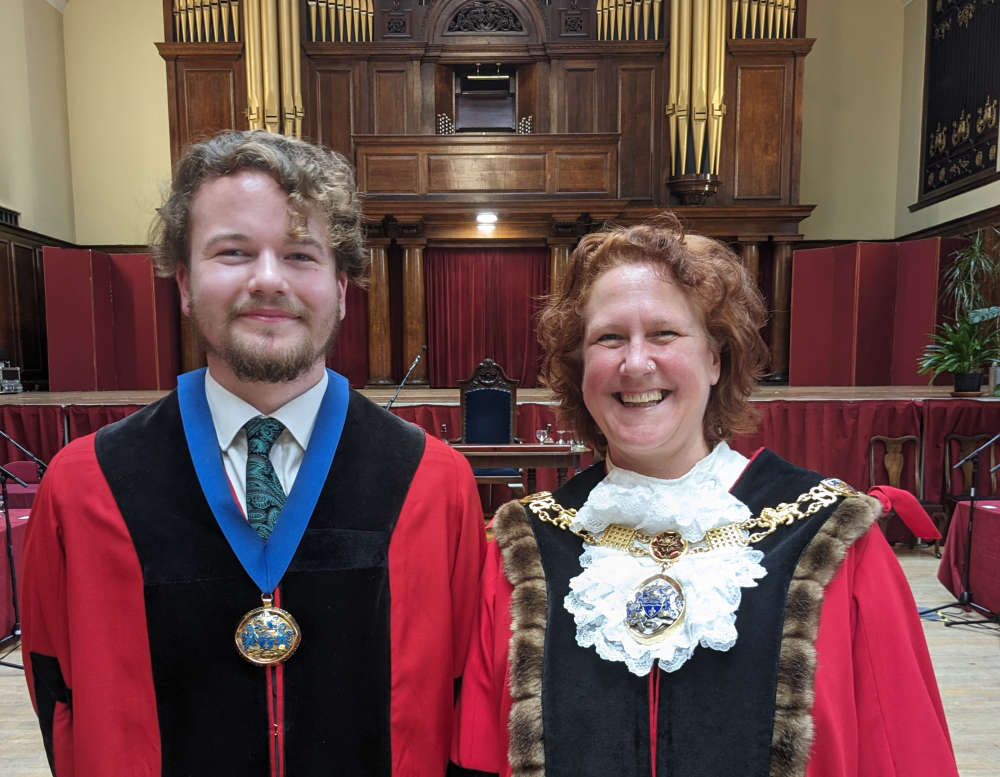 Mother and son unveiled as new Lancaster mayoral team
Mother and son unveiled as new Lancaster mayoral team
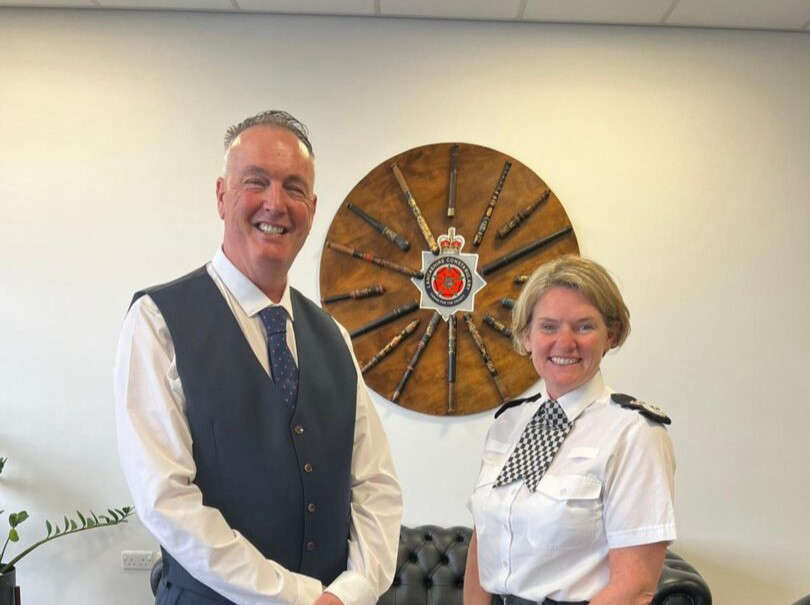 New police and crime commissioner for Lancashire begins role
New police and crime commissioner for Lancashire begins role
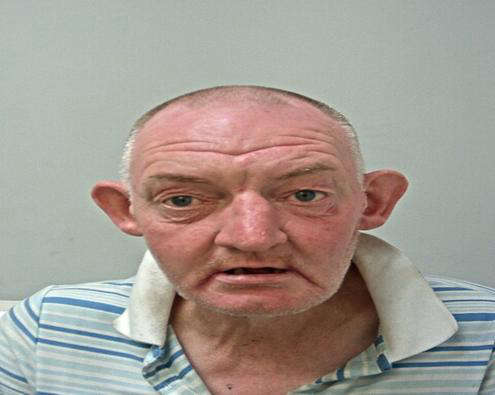 Morecambe homeless man jailed after admitting criminal damage
Morecambe homeless man jailed after admitting criminal damage
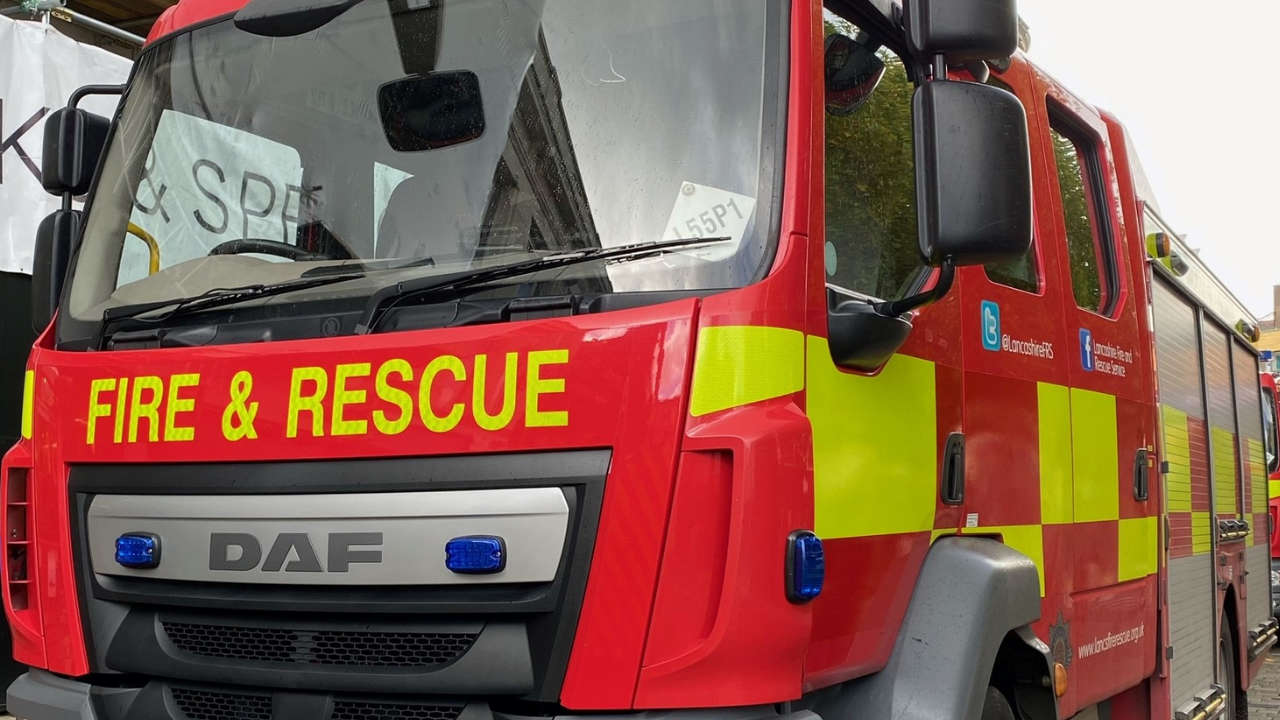 Firefighters tackle fire at flat in Morecambe
Firefighters tackle fire at flat in Morecambe
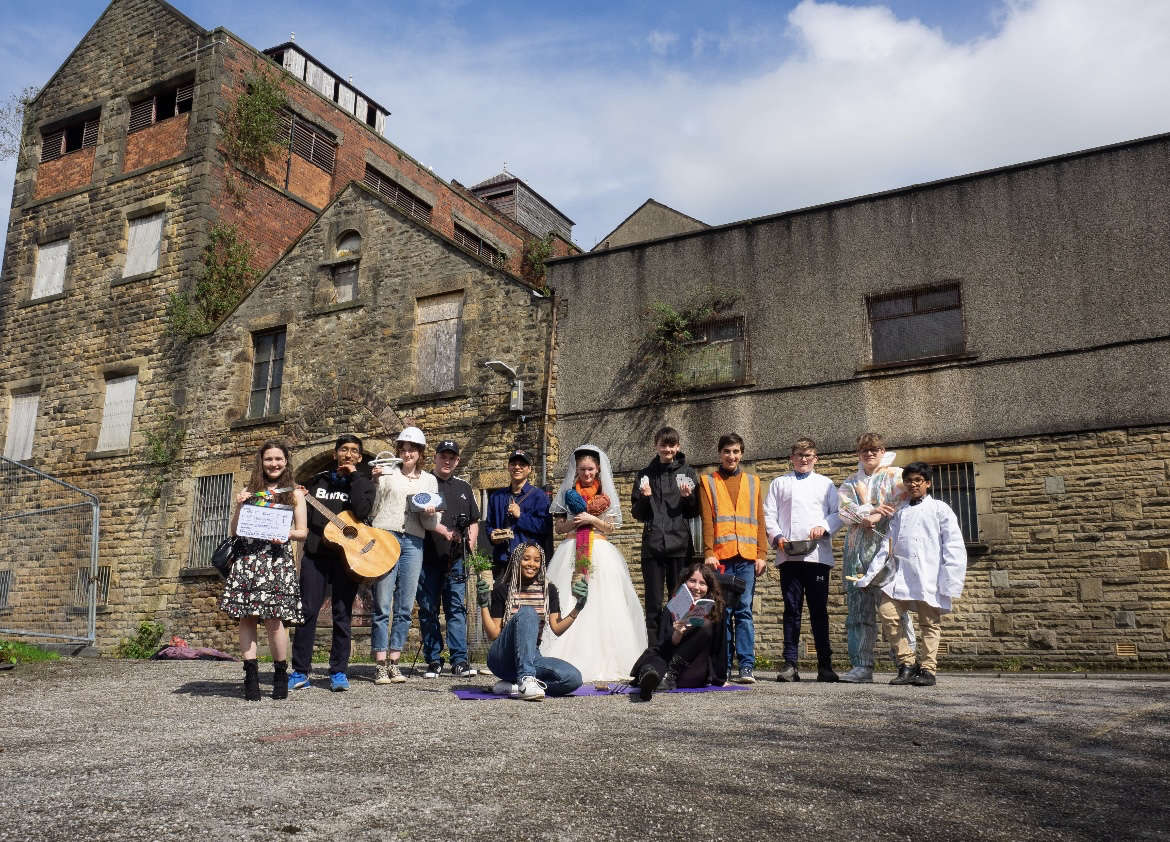 Lancaster youth charity awarded £221,400 towards vision for 'creative youth space' in city
Lancaster youth charity awarded £221,400 towards vision for 'creative youth space' in city
 Tennis club near Lancaster unveils new courts after £50,000 fundraising campaign
Tennis club near Lancaster unveils new courts after £50,000 fundraising campaign
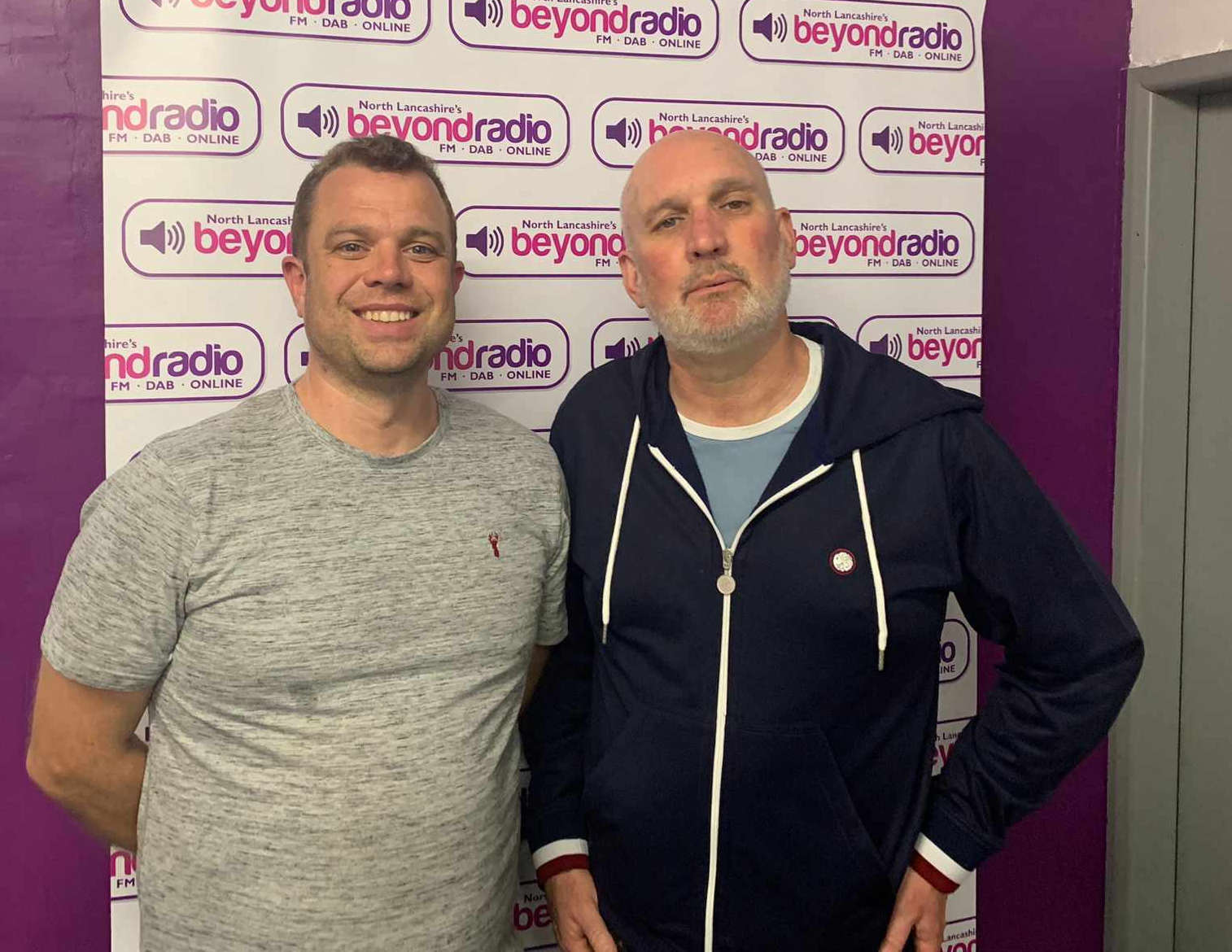 INTERVIEW: Highest Point chief 'proud' of lineup for 2024 festival
INTERVIEW: Highest Point chief 'proud' of lineup for 2024 festival
 Highest Point festival stage times: all you need to know
Highest Point festival stage times: all you need to know


